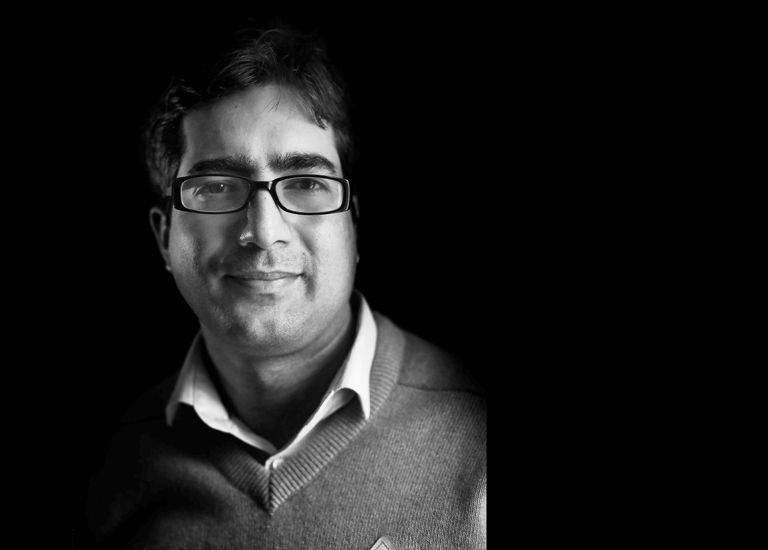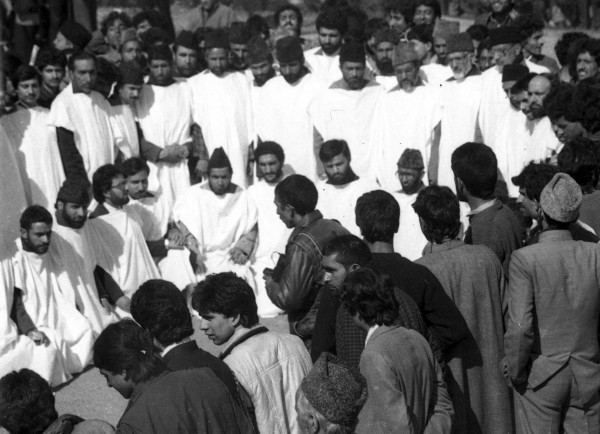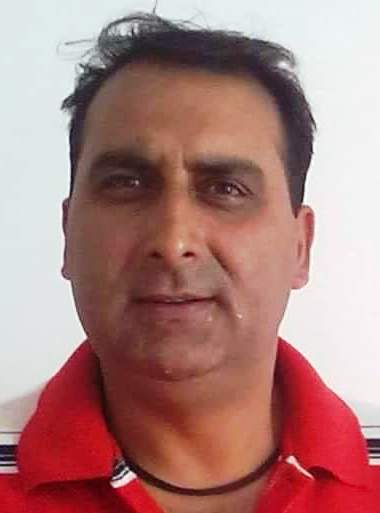by Mehrajuddin Bhat
Shah Faesal has by now made it clear that he will choose his own independent political journey. Calling it a people’s movement for a change, he has appealed people to be a part of his journey for ‘clean politics’ and ‘corruption free administration’ in Jammu and Kashmir. His political argument is that the existing ‘mainstream’ electoral politics doesn’t earn their mandate on the basis of the larger sentiment and the political space that represents the sentiment belongs to the Hurriyat Conference and that we should acknowledge that it is not possible to have a solution to the political issue without taking them on board.

Faesal also stated that the gun has played its important role in internationalizing the Kashmir issue and perhaps hinted at silencing of guns for now. Faesal’s resignation and his argument generated a huge public response, especially from the youth. Part of it was also the backlash he received for the speculation of his joining a particular party. The widespread disgust with the political establishment that the youth of this place expressed and their powerful yearning for a system that could repair the fetid mess of this place should be an eye-opener for all the unionist parties.
The fact remains that the existing political setup has failed to deliver, both on governance and on the political front. The evidence is everywhere. All politicians have lied and continue to lie. Some lie more than others. People are unhappy with the political system and have lost faith in politicians. Generally, people believe that unionist politics is about the mere rotation of elites and influence peddlers and its leaders are selfish, greedy, and short-sighted – unable and/or unwilling to shield most people from a wrenching situation. People have also grown disgusted with sclerotic politics of separatists.
Both camps see each other’s politics as conflicting – some players benefit more from this conflict than compromise and they continue to inflict miseries on the ordinary people. The truth is that no kind of mandate to the unionist politicians can eclipse the general sentiment that especially prevails in Kashmir valley and the Muslim dominated areas of other regions of the state. No matter who sells elections as ‘normalcy’, a political truth can be dwarfed by any kind of rhetoric. It hasn’t for the last 70 years, it can’t be now in an era that allows information to be accessed and shared like never before. The sentiment cannot erode by a symbolic practice of swearing on the Constitution of India that is a technical requirement for the right to life at our place. We also need to understand that if we don’t vote, the system will impose elections even with seven per cent votes.
Shah Faesal has called for “reimagining the politics” of this place – politics based on truth and pragmatism. He believes that the most urgent challenge of our times is to develop a new socio-political imaginary that goes beyond those now on offer from the left or right. His imagination is new sorts of governance and facilitative arrangements that can transform or replace the political paralysis. Faesal may have been humble in calling himself an ‘addition’, but he essentially speaks of an alternate model of ‘disruptive’ politics.
Disruptions aren’t necessarily revolutionary. They just change practices. They don’t change the system. Thus, there is an emerging opportunity to reboot our public discourse and try his alternate politics that calls for shifting the ray of our attention from that which separates us to that which unites us. Fighting elections for better governance and simultaneously using the floor of Assembly to facilitate a political resolution of the conflict deserves consideration with a caveat that elections aren’t synonymous with any normalcy as suggested by Shah Faesal. Given that his political argument was powerful enough to convince a large number of people, it cannot be entirely wrong.

But why should people trust Faesal’s argument? In his own words, people who have seen nothing but betrayals for last seventy years can’t be expected to trust someone easily. Kashmiris have only known and have been made to believe in agencies. Unfortunately, we also have the bad memories of the 1987 elections that shook the faith of the Kashmiri people in elections. Elections in Kashmir have only exasperated tensions by polarizing already conflict-ridden society when they had the potential to help reduce tensions by reconstituting a legitimate government that addresses the political issue in its honest perspective.
Politics always need not be a zero-sum game in which one side is right and all others are wrong. In our conflict resolution efforts, we need to surrender the idea that there is a single political truth and instead recognize that every political argument can be an effort to establish the larger truth. History is also replete with examples of problems made far worse by refusals to change, rejections of ideas, dismissals of dialogue, isolations from participation, constrictions of collaboration, and exclusions from the decision-making.
Having personally conducted and supervised elections in EVM era, I believe that rigging in elections is not easy anymore. And in a fearless environment, manipulative management of voting is also very difficult. The floor of the Legislative Assembly can be creatively used to make it clear to Government of India that it has neither the moral legitimacy nor the national interest to refuse to talk with the leadership of Jammu and Kashmir and that dialogue is essential for achieving a lasting, positive peace, which goes well beyond just the silencing of guns. To me, counterpoising the strategy of militancy to a strategy of peaceful diplomatic manoeuvring incorrectly elevates a means towards an end, an end in itself.

The depth of the crisis of is such that nothing short of a complete overhaul of all traditional formulas and slogans is necessary. Faesal alone cannot do it. New currents need to come forward to define a set of ideas which characterize some of the basic positions on the political issue, the way forward and to add legitimacy to the whole initiative. The time has come to choose between shaping an affordable future for our people or pave the way to more violence. The first option is the difficult path less travelled by, but also the most rewarding if taken seriously.
(Author is an academic and writer. Ideas expressed in this write-up are personal.)















